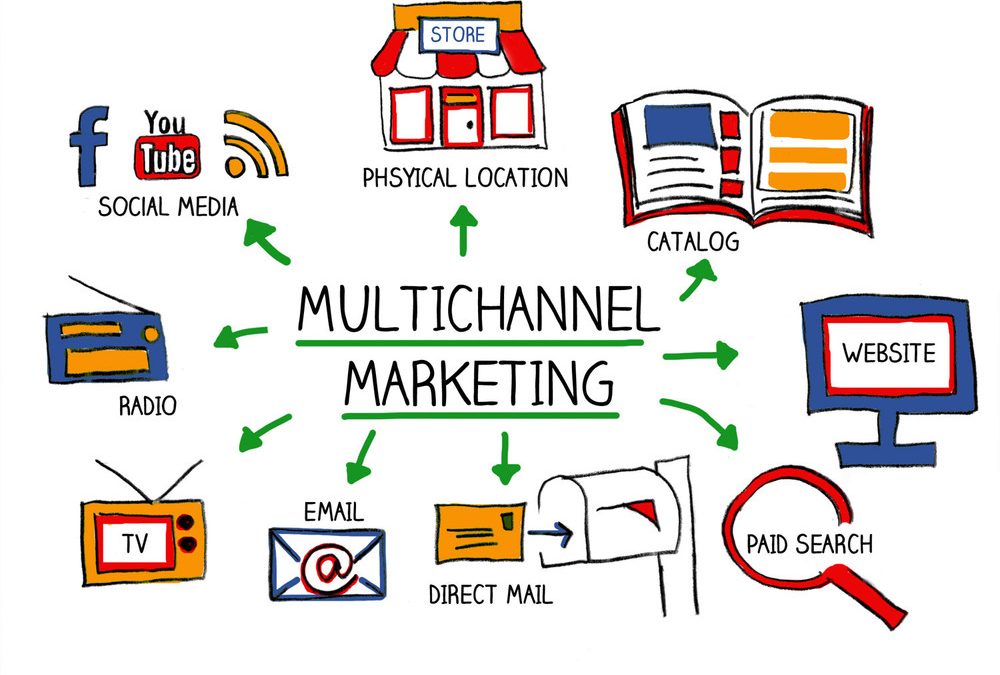Introduction
The previous chapter introduced the theme of how the digital world along with new communication devices is changing consumer behaviour and interaction. It outlined the relevance of the subject for business in South Africa and beyond, as well as motivation for this study, while observing that the literature on digital marketing has emerged from a largely developed world prototype. This chapter will review the theory base on how this revolution has transformed consumer markets but also induces changes and challenges in the marketing practice, allowing for the formulation of more detailed research propositions about what are challenges faced by organisations in the implementation of digital channels. The rising digitalisation results in important challenges for marketing executives. Marketers are confronted with increasing complex and rapidly changing markets that are beyond their control. Based on the study by Leeflang et al. (2014) the increasing prevalence of digital media and tools in marketing has presented the most dominant change for organisations. The ability to interact with and serve customers differently through these multichannels is by far the most dominant change . This transformation may create a serious challenge for organisations that have constructed a sophisticated infrastructure to send messages to target audiences through media channels but do not have the mind-set or the technical expertise to master data analysis and modelling of the digital media world.
These were classified into three themes or categories, namely:
1. Business strategy and customer insights :
Digital revolution and business model.
Customer insights.
Stifling creativity and innovation.
2. Go-to-market operations and execution :
Social media and brand health
Online targeting
Price transparency
Automated interactions
Online metrics
3. Organisation and capabilities :
Talent gap
Organisational challenges
https://repository.up.ac.za/bitstream/handle/2263/44898/Simelane_Implement_2014.pdf?sequence=1



